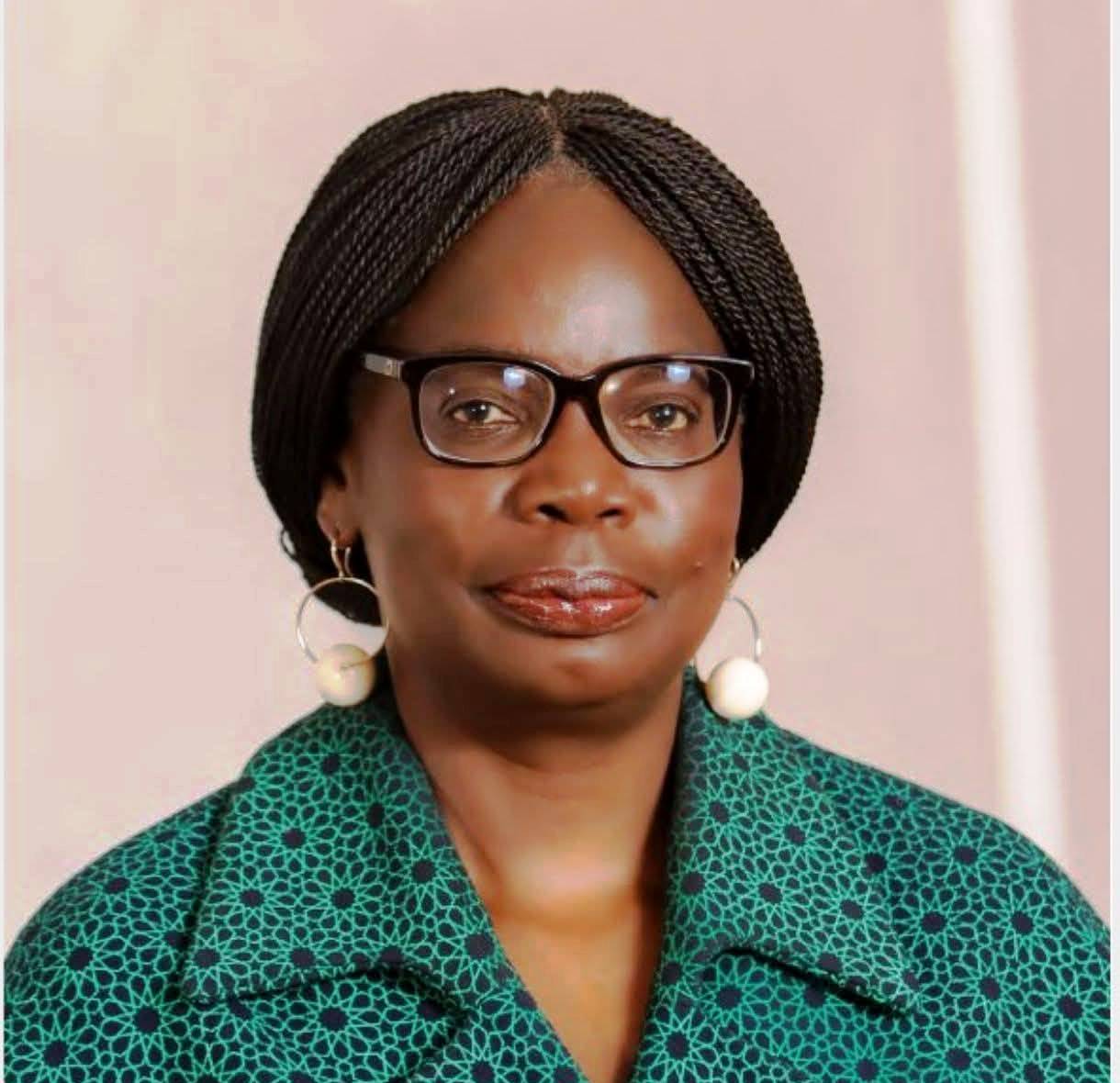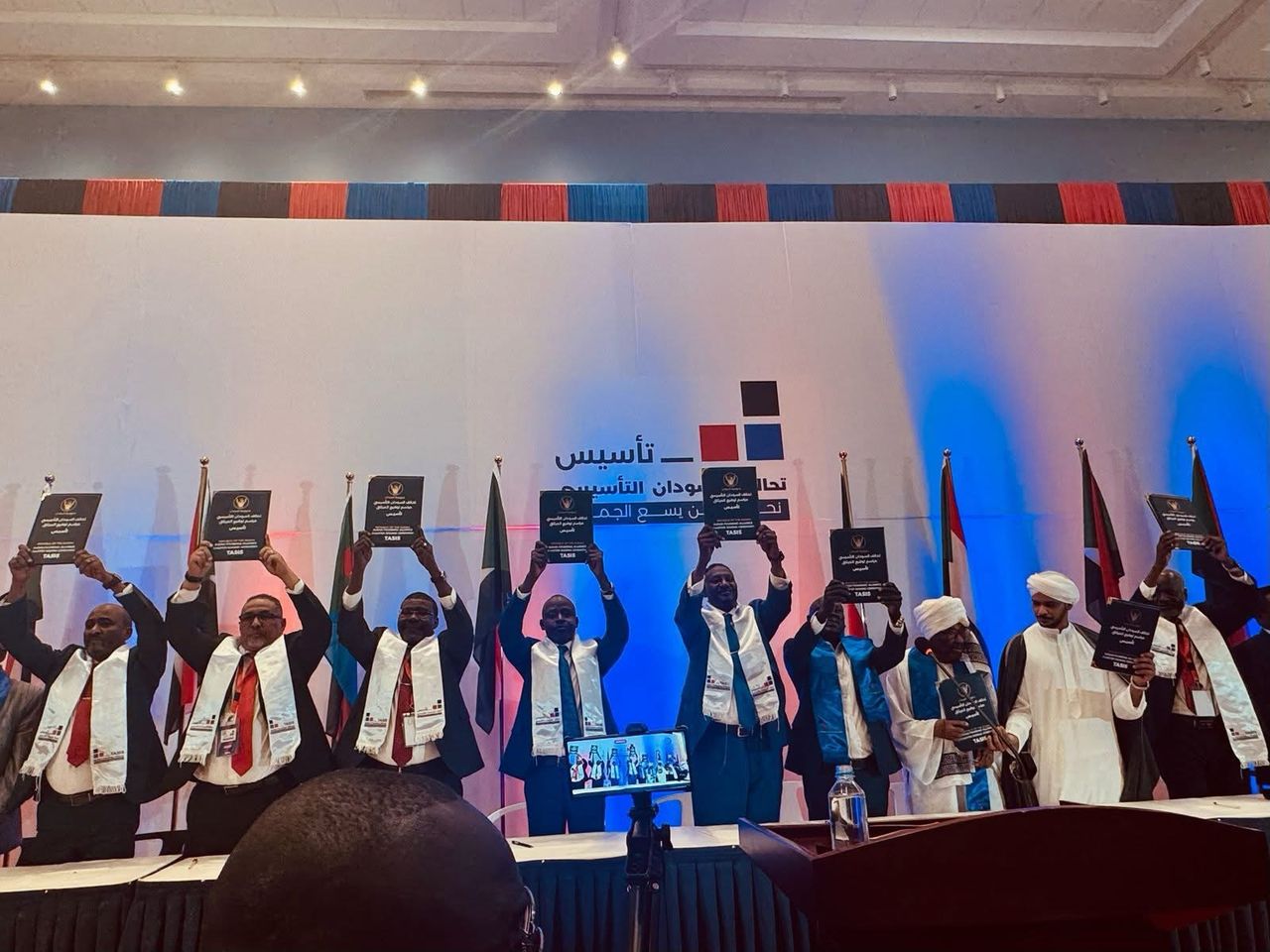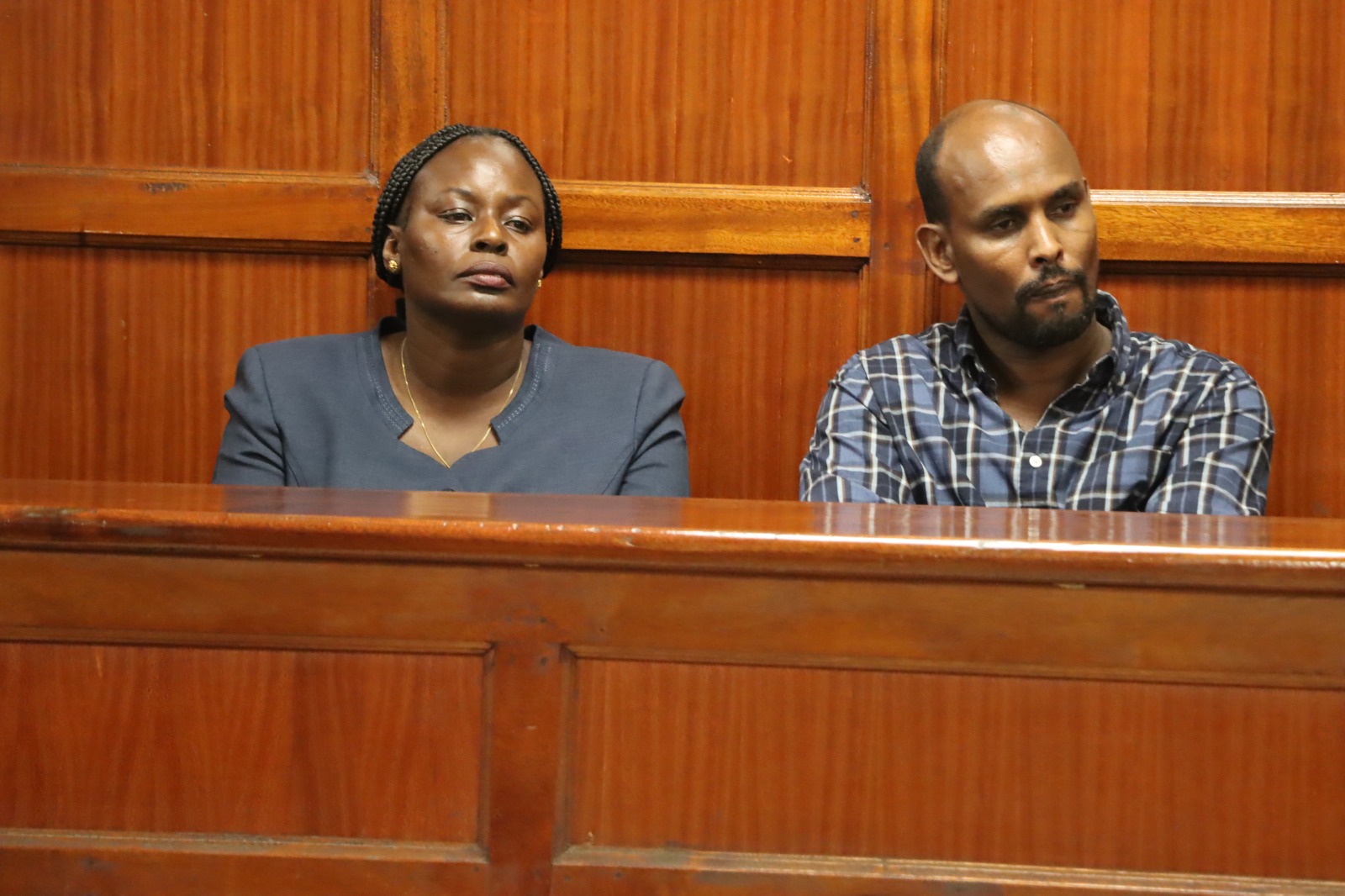The Weekly Vision Reporter
Kenyan legal scholar Phoebe Okowa has been elected as a member of the International Court of Justice (ICJ) after four rounds of voting, conducted during two meetings of the United Nations General Assembly, acting concurrently but independently with the Security Council.
Judge Okowa began her term on Wednesday, 12 November, and will serve the remainder of the term vacated by Judge Abdulqawi Ahmed Yusuf (Somalia), which expires on 5 February 2027.
The candidates under consideration were Taoheed Olufemi Elias (Nigeria), Charles Chernor Jalloh (Sierra Leone), Paul Kuruk (Ghana), and Phoebe Okowa (Kenya). Judge Okowa received 106 votes in the fourth and final round of voting. No candidate had obtained an absolute majority of 97 votes in the first and second rounds.
The nomination of Paul Kuruk (Ghana) was withdrawn after the first round, and that of Taoheed Olufemi Elias (Nigeria) was withdrawn after the third. Judge Okowa had received an absolute majority in the third round; however, as Charles Chernor Jalloh (Sierra Leone) had secured an absolute majority in the Security Council, the Assembly was required by the Court’s statute to continue the balloting until the same candidate had prevailed in both organs. Prior to the voting, General Assembly President Annalena Baerbock (Germany) explained that an absolute majority means a majority of all 193 electors, whether they vote or are allowed to vote.
She also reminded delegates that, according to Article 2 of the Statute of the Court, its members are to be elected regardless of their nationality from among persons of high moral character who possess the qualifications required in their respective countries for appointment to the highest judicial offices, or are jurisconsults of recognised competence in international law. Further, Article 9 requires electors to bear in mind not only that the person to be elected should individually possess the qualifications required, but also that the main forms of civilisation and the principal legal systems of the world should be represented in the body as a whole.
The ICJ is composed of 15 judges. To ensure a degree of continuity, one third of the Court is elected every three years, and judges are eligible for re-election. Ms Okowa is Professor of Public International Law and Director of Graduate Studies at Queen Mary University of London. In 2021, she was elected to the United Nations’ International Law Commission. She earned her Bachelor of Laws from the University of Nairobi and went on to complete a Bachelor of Civil Law and Doctor of Philosophy in Law at the University of Oxford. Prior to voting, Member States had before them a memorandum of the Secretary-General on the present composition of the Court and the procedure to be followed in the Assembly and Security Council regarding the election, as well as a list of candidates nominated by national groups and their curriculum vitae.
The ICJ, also known as the “World Court”, is the principal judicial organ of the United Nations, settles legal disputes between States parties and gives advisory opinions to the Organization, as well as its specialised agencies. The Court is open to all parties to its Statute, which automatically includes all UN Member States.
The remaining 14 judges who currently sit on the Court and whose terms expire in either 2027, 2030 or 2033 are: Judge Peter Tomka (Slovakia), Judge Ronny Abraham (France), Judge Xue Hanqin (China), Judge Dalveer Bhandari (India), Judge Georg Nolte (Germany), Judge Hilary Charlesworth (Australia), Judge Leonardo Nemer Caldeira Brant (Brazil), Judge Juan Manuel Gómez Robledo (Mexico), Judge Sarah H. Cleveland (United States), Judge Bogdan-Lucian Aurescu (Romania), Judge Dire Tladi (South Africa) and Judge Mahmoud Daifallah Hmoud (Jordan).





